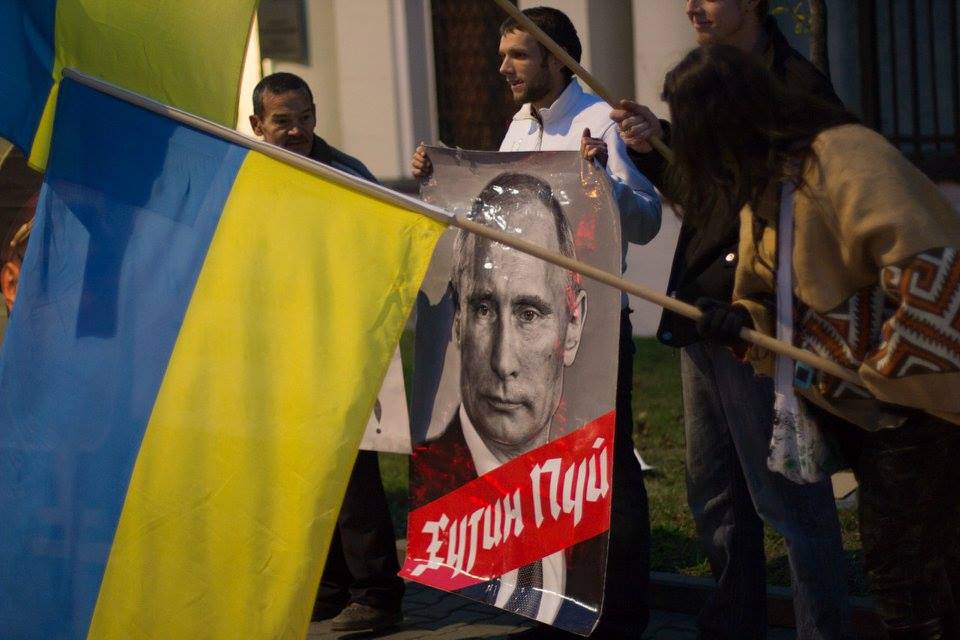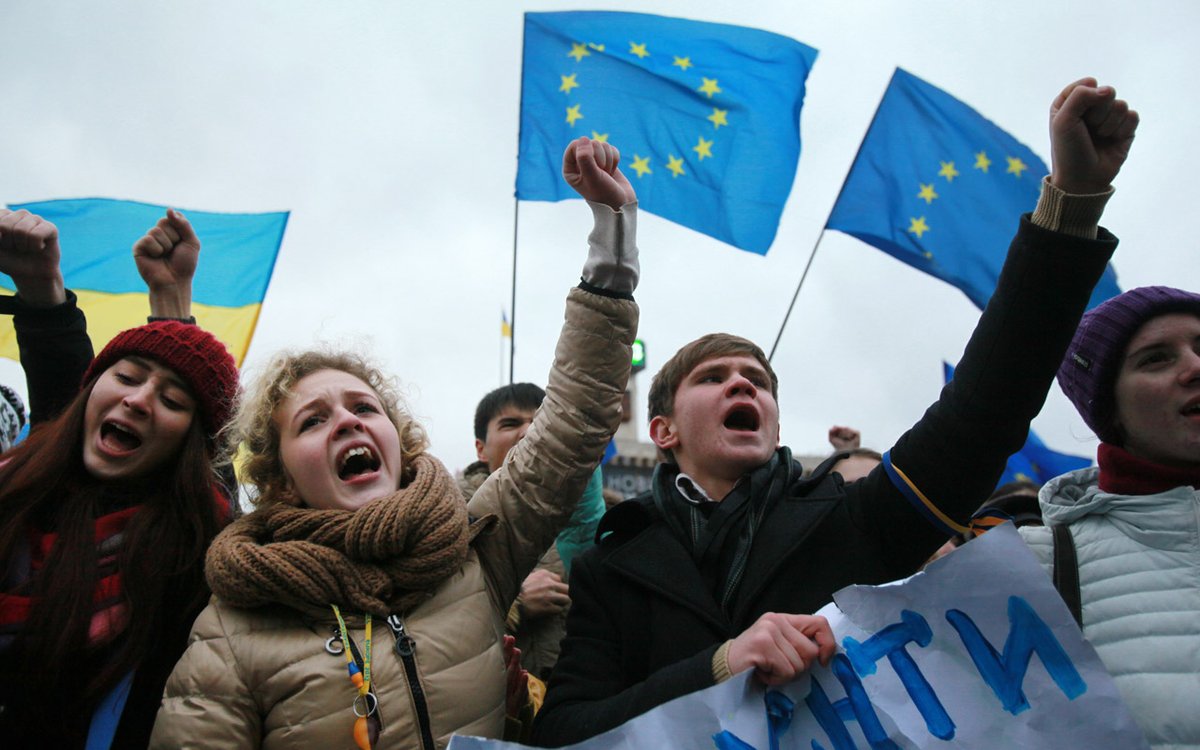The Russian plan was to lure Yanukovych out of Ukraine and turn him into a hostage. And this was not a new plan.
When on March 3, 2014, Vitaly Churkin, the Russian permanent representative to the UN, showed a letter from Viktor Yanukovych with a request to send Russian troops to Ukraine, many considered this document a forgery.
For some unexplained reason it seemed that the former president could not have signed a document that openly violated all the legal norms of own country and allowed for a case to be made against him of treason against his homeland.
Earlier, another letter from Yanukovych, which concerned the appointment of a new head of the government of Crimea, was viewed with the same disbelief. It was this letter, along with Russian bayonets, naturally, that allowed the Russian agent Aksyonov to usurp power in the peninsula and facilitate the occupation of Crimea. I think that no one now has any doubt that Yanukovych signed this letter as well.
And he signed it not because he had lost his mind and could not understand the consequences. But because at the time of the signing of the documents, he changed from being the president of a sovereign state and a political figure — even if a pro-Russian one — into a commonplace hostage of Putin.
I will not attempt to justify Yanukovych. His entire political biography, his entire behavior during the two Maidans, sufficed to bring the former felon to such a hideous end. I am just confirming that the Russian plan was based precisely on this — to lure Yanukovych out of Ukraine and turn him into a hostage. And this was not a new plan.
In 2004, during the height of the first Maidan, the Russian side proposed to Leonid Kuchma, then the president of the country, to leave rebellious Kyiv and move to one of the cities in the east.
The plan of Russian special services was simple: if a legitimate Ukrainian government could not function in Kyiv then why not work in Kharkiv or Donetsk? Why not hold a session of parliament there and hold an inauguration of an “honestly elected” President Yanukovych? Then the rebels would have nothing to show. And soon the new government would return to Kyiv triumphantly.
Now I have no doubt this was a trap. In the Kremlin they understood perfectly that there could be no session of the Verkhovna Rada in Kharkiv or Donetsk. Because as soon as the president left Kyiv, he would be forced to flee further and further and as a result would end up in a Russian cage. In this cage he would sign all the documents Putin needed that would allow the Russian president to occupy … excuse me, to “free” Ukraine of Ukrainians.
In 2004, the experienced politician Leonid Kuchma figured out the plan of his Russian “allies.” As a result, he lost power but not influence. And the pretext for the occupation of Ukraine had not materialized after all.
But in 2014, the same special operation was carried out with a far less experienced and far more cowardly Donetsk “godfather.” We remember very well how during the final weeks of Maidan, Russia did everything possible to heighten the tension. How it broke off all agreements until the final agreement between the government and the opposition, which the Russian representative Vladimir Lukin refused to sign. How it pushed Yanukovych to destroy Maidan by force. How it generated more and more factors designed to persuade Yanukovych that he had to flee Kyiv. That his safety was guaranteed only in the east of the country, where the Anti-Maidan was in control.
But as soon as Yanukovych fled Kyiv, he was caught. In Kharkiv, where his supporters were supposed to assemble, the first disappointment awaited the former president. Dobkin and Kernes, leaders of the “titushky” (strongmen hired to repress Maidan protestors — Ed.) who worked actively with Putin’s administration, after a trip to Russia, refused to support their former ruler.
Yanukovych rushed to Donetsk, but there waiting with good advice was Akhmetov, whose business interests in Russia must not be forgotten either. And then Yanukovych rushed to Crimea to meet his fate — or rather, Putin.
Yanukovych’s former colleagues simply delivered him to the Russian president on a silver platter. They literally risked nothing. In the event of a successful Russian operation, Kernes would still remain the master of Kharkiv, and Akhmetov, the master of Donbas. After all, they were acting according to instructions. In case of failure, their influence would not suffer much, as was shown by subsequent events.
Putin could have triumphed. The only thing he had not considered in his intricate plan was that the interests of Yanukovych, Kernes or Akhmetov were not the interests of the Ukrainian people. And that these people were able to stand up for themselves.
But Putin, the ruler of an absent civil society, was not able to consider it. He simply had never encountered anything similar in Russia.






